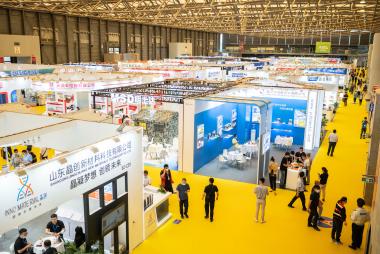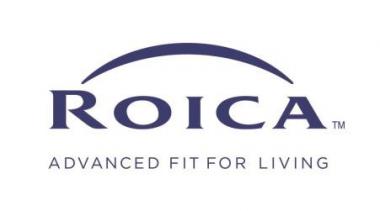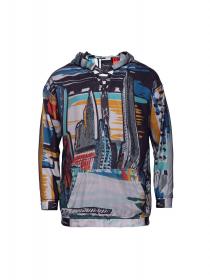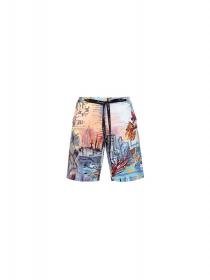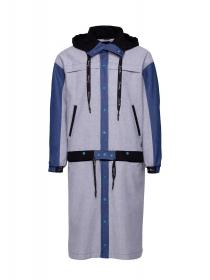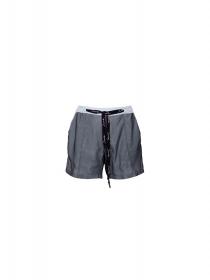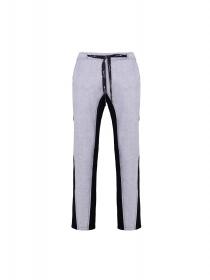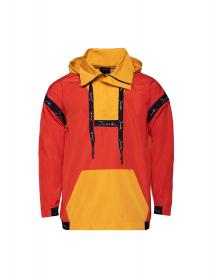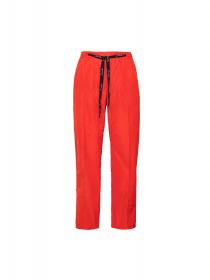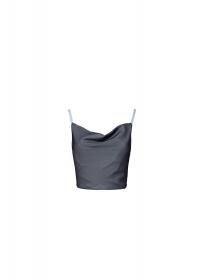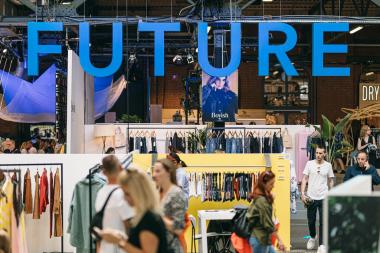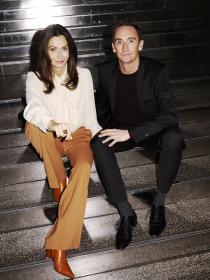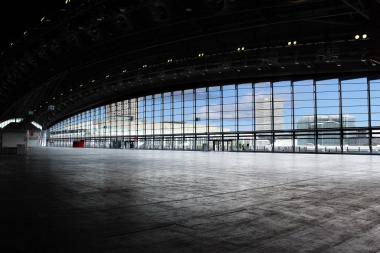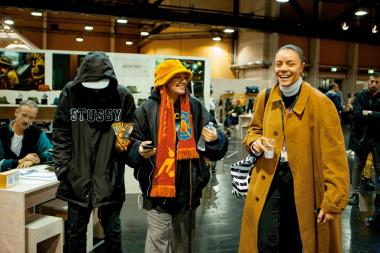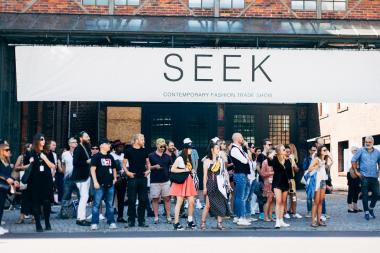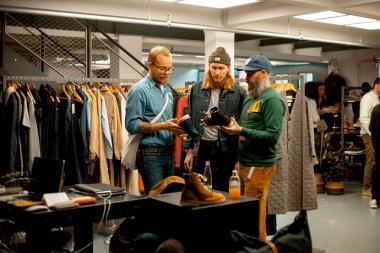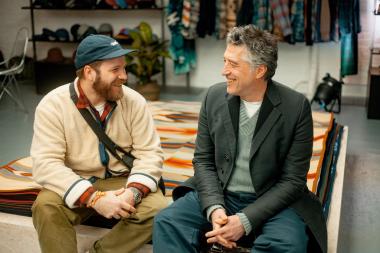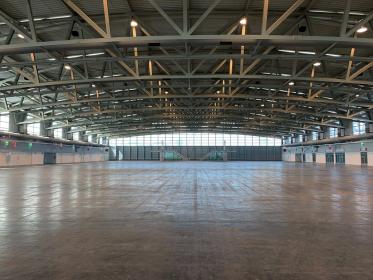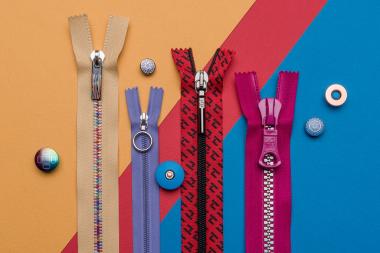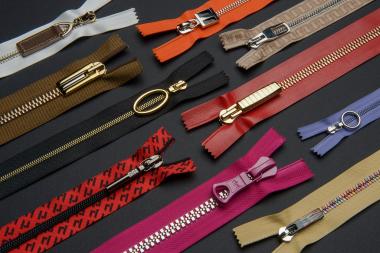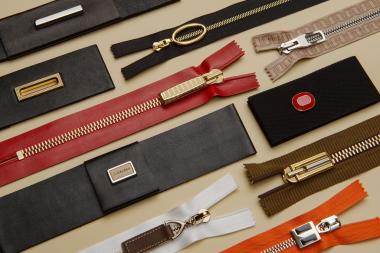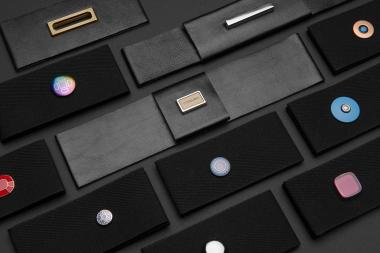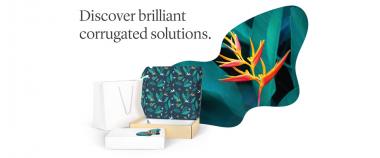Cinte Techtextil China to address personal hygiene and sustainability demands
With global consumers becoming more conscious about personal hygiene and environmental protection, exhibitors at Cinte Techtexil China will spotlight materials and technologies for products that respond to these trends. The fair will probe into the associated growth opportunities as the country is one of the leading markets for nonwovens and technical textiles. The event will be held from 6 – 8 September at the Shanghai New International Expo Centre.
The technical textiles and nonwovens industries, the latter notably, are significantly expanding amid the pandemic. A recent forecast[1] predicts that the global polypropylene nonwoven fabric market will continue to rise at a CAGR of 6.7%, reaching USD 39.23 billion by 2028. The anticipated growth is bolstered by demands in end-use industries such as sanitation, medical, automotive and more. In 2020, Asia Pacific was named the largest regional market in the world and is expected to grow significantly over the forecasted period.
The prediction reaffirms the growth prospects of nonwovens. In this regard, industry players expressed much optimism about associated future opportunities during Cinte Techtextil China last year. “The field of nonwovens is poised for a positive growth as the awareness of personal hygiene and pandemic prevention sustains in the domestic market,” commented Mr James Gao, Head of Marketing and Textile Technologies, Uster Technologies (China) Co Ltd. He added: “We decided to join the fair and showcase our new launches as we remain confident in the future development of the industry, especially since China is dominating the global scene.”
Going green is the way forward
Turning to yarns and fibres, the sector is shifting to greener and smarter production that echoes the trend towards sustainability that is gaining considerable traction across the globe. Meanwhile in China, this movement was observed by many exhibitors at the 2021 edition, including Mr Roberto Galante, Plant Manager of FMMG Technical Textiles (Suzhou) Co Ltd, the Chinese subsidiary of the Fil Man Made Group. He mentioned: “The market is paying more attention to environmental protection, and we receive enquiries about special yarns for this every day. We focus on technical yarns for filtration as well as anti-bacterial properties, which are very important for the environment. The potential here in China is incredible and this is a big opportunity for everybody.”
Cinte Techtextil China’s product categories cover 12 application areas, which comprehensively span across a full range of potential uses in modern technical textiles and nonwovens. These categories also cover the entire industry, from upstream technology and raw material providers to finished fabrics, chemicals and other solutions. This scope of product groups and application areas ensures that the fair is an effective business platform for the entire industry.
Cinte Techtextil China Messe Frankfurt HK, Ltd Messe Frankfurt nonwovens Technical Textiles
Messe Frankfurt (HK) Ltd


